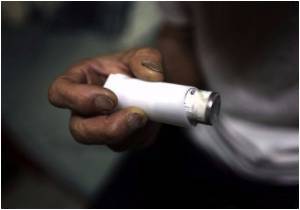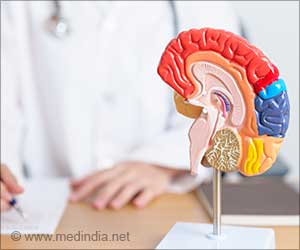
For long term conditions, telehealth has been promoted to reduce healthcare costs while improving health related quality of life, but evidence to support this is mixed.
So, a team of UK researchers set out to assess the impact of second generation home based telehealth on generic health related quality of life, anxiety and depressive symptoms over 12 months in patients with long term conditions.
The study is part of the Whole Systems Demonstrator Trial - one of the largest and most comprehensive investigations of telehealth and telecare ever conducted.
Just over 1,500 patients with COPD, diabetes or heart failure from three regions of England (Cornwall, Kent and London) took part in the study.
Generic health related quality of life, anxiety and depressive symptoms were assessed using recognised scoring scales at the start of the study and again at four and 12 months. Results for those receiving home based telehealth were compared with those receiving usual care.
Advertisement
Further analyses across different measures did not alter the results, and the findings suggest that concerns about potentially deleterious effect of telehealth are unfounded for most patients, say the authors.
Advertisement
Source-Eurekalert











